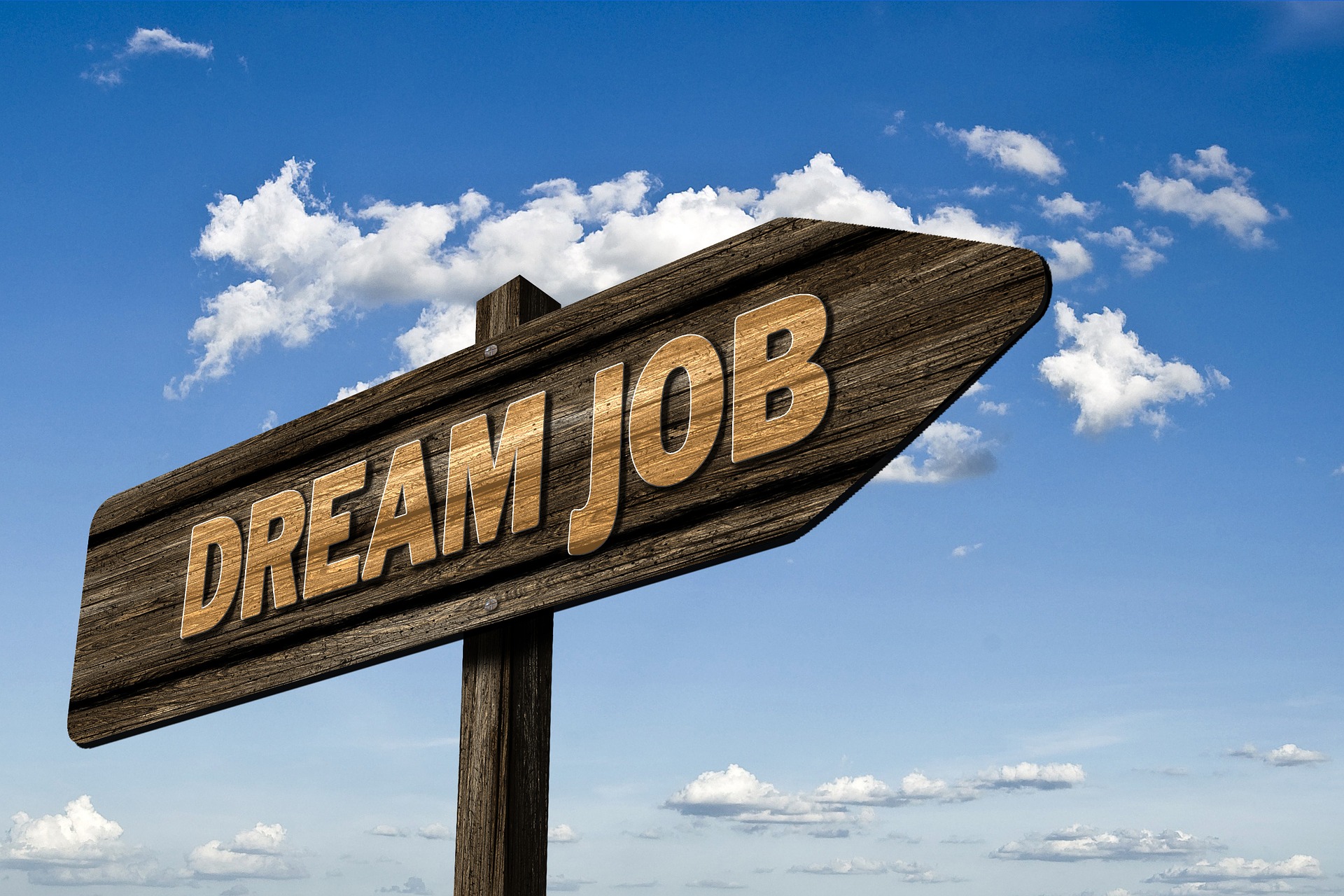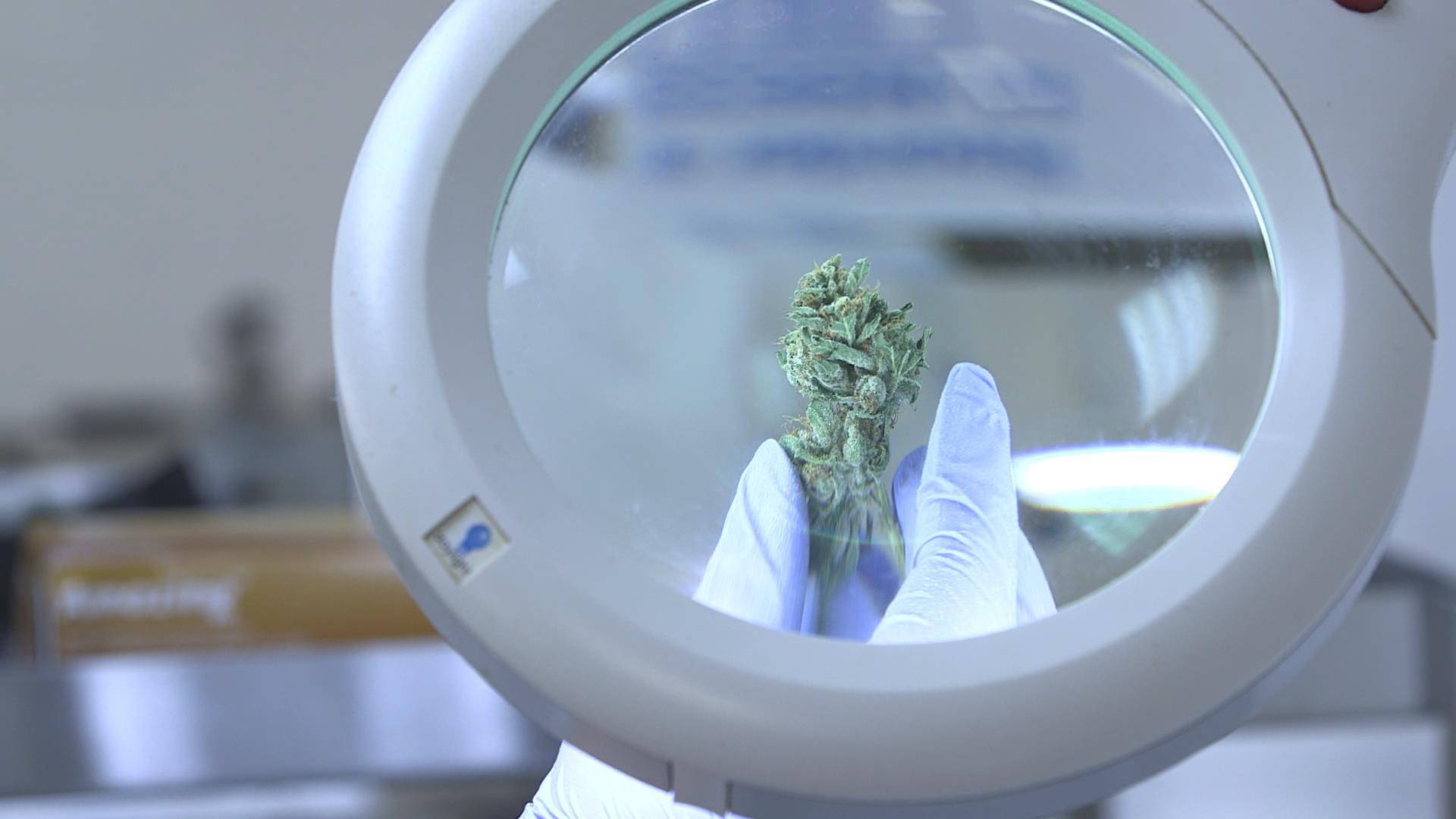
Got an interview call from medical college? Lucky you! Let’s begin with the interview preparation. You should keep in mind that every medical college has a unique method of evaluation. It may also vary as it depends on the interviewer’s ability to examine the situation. Have complete control over your mind and don’t get confused. Few interviewers may ask you about your grades and score, while others may ask you only about the career goals in your mind.
General advice and tips
Several interviewers and experts give general bits of information and tips for an interview in medical college. Let’s get a glimpse of these general pieces of advice:
- Be honest and straight forward
- Be enthusiastic
- Be courteous and respectful with the interviewers
- Don’t act arrogant
- Prepare general questions before appearing in an interview
- Act gentle and focus on your body language
- Ask questions to your interviewer with confidence, but don’t be overconfident.
- Thanking note at the end of the interview
When it is about behaving normally during an interview, the interviewer may like you to speak with him/her. However, it’s equally essential for you to maintain your personality with a professional demeanor and any foolish and illogical questions.
Questions you may ask your interviewer
A few questions you may request your interviewer, which shows your interest in study and institute.
- What are the research opportunities available for enrolled students?
- Any scholarship and financial aid program available for students?
- Do you offer any stress management resources for students?
- What is the rank of your institution on the national or international level?
- What are the criteria for evaluating students’ coursework?
- What does your medical school do for society?
How to kill it during Panel Interviews
It is the most traditional format of interviewing. Several companies use it when hiring an employee. However, numerous medical institutions use the same criteria. The bench of interviewers includes field experts, psychologists, professors, administrators, and operation managers. Interviewers evaluate a candidate according to their point of view, criteria for selection and expertise in their related field. It is hard to judge the results before the announcement. Let’s take a glance over two crucial points to consider before appearing in panel interviews.
- One or more panel interviewers will ask you questions related to your application, such as your interest in studying in their institute or statement of purpose. You must be prepared enough to answer these fundamental questions after reviewing your application form. Moreover, you can discuss this point with your peers and friends, especially about the ethical scenarios and body language.
- Before appearing in an interview, it is better to do practice with the people formally who you don’t know. These people must be mature enough to trap you with their questions. This approach can build up confidence in you that will assist you with staying calm.
Types of interviews
New interviews’ formats are implemented in different institutions worldwide. The forms can be categories into two systems, including (MMI) Multiple Mini Interviews and (MPI) Modified Personal Interview.
MPI – Modified Personal Interviews
The Modified Personal Interview (MPI), developed by the University of Toronto, launched in 2014, is functioned by leading medical universities such as the Miami medical school. The interviewing technique has four sessions, and each session has a single interviewer, but the interviewer is restricted to stick with panel-type questions – the interviewer can’t ask scenario-based questions. The interviewer is more likely to pay attention to candidates’ self-reflection, alignment, collaboration, and ethical decision-making.
MMI – Multiple Mini Interviews
Unlike panel interviews, this system offers ten sessions separately, and each session is conducted by a different interviewer to evaluate your abilities. This system divides the situational circumstances of risk. Like if one session goes wrong with the interview, you have nine options available to perform better in the next sessions. This system boosts the confidence of the candidate and experience to face the interviewer too. MMI is useful for interviewers and candidates as well. The interviewers may ask panel-type questions and scenario-based questions also. These interviewers are less likely to be intimidating in the MMI system; while in the panel, they would try to dominate over the candidate. For each station, it is advised to knock the door first before you enter.
Consider STARR Technique
I would personally suggest you focus on the structure of your answers during your interview. It is called the STARR technique, and it covers the critical points of the discussion.
- S: Situation – A-line highlighting the example
- T: Task – What is involved
- A: Action – What steps to take to complete the task?
- R: Result – What was the achievement?
- R: Reflection – How to implement your learning?
To add, in case you find a question in an exemplary form and you aren’t ready for it, add “example” to the above structure. It will enable you to answer in the right way, even if you are not unable to respond to the question.
Medical Ethics
First, discuss two basic arguments; against and for. It is a better strategic action before concluding a balanced statement. This strategy could be placed wherever possible and always remember the four major pillars of medical ethics.
- Justice: Should be balanced for the wider society.
- Non-maleficence: Shouldn’t harm the patient.
- Autonomy: Should create a scenario for the respect and rights of the patient.
- Beneficiary: Should be in favor of the patients.
Maintain Length of the answer
We always focus on either too long or too short. However, it depends on the type and format of the question and what it takes to maintain the balance of the length. In case you’re asked a free-style question, then the answer must be clear and well-structured according to the issue. The main point is to avoid mumbling and waffling. Your answer must follow the strategy of making decisive, clear, and concluded points. Keep in mind, from the interviewer’s point of view, “time is money.”
Last but not least, the interview is a process where the interviewer examines you. You need to showcase yourself, but don’t act arrogant. The interviewers are smart enough to notice the behavior and arrogance of the candidates. Your impression must be balanced. Interviews are always knowledge-based. Don’t cite the good things that others talked about you during an interview.









